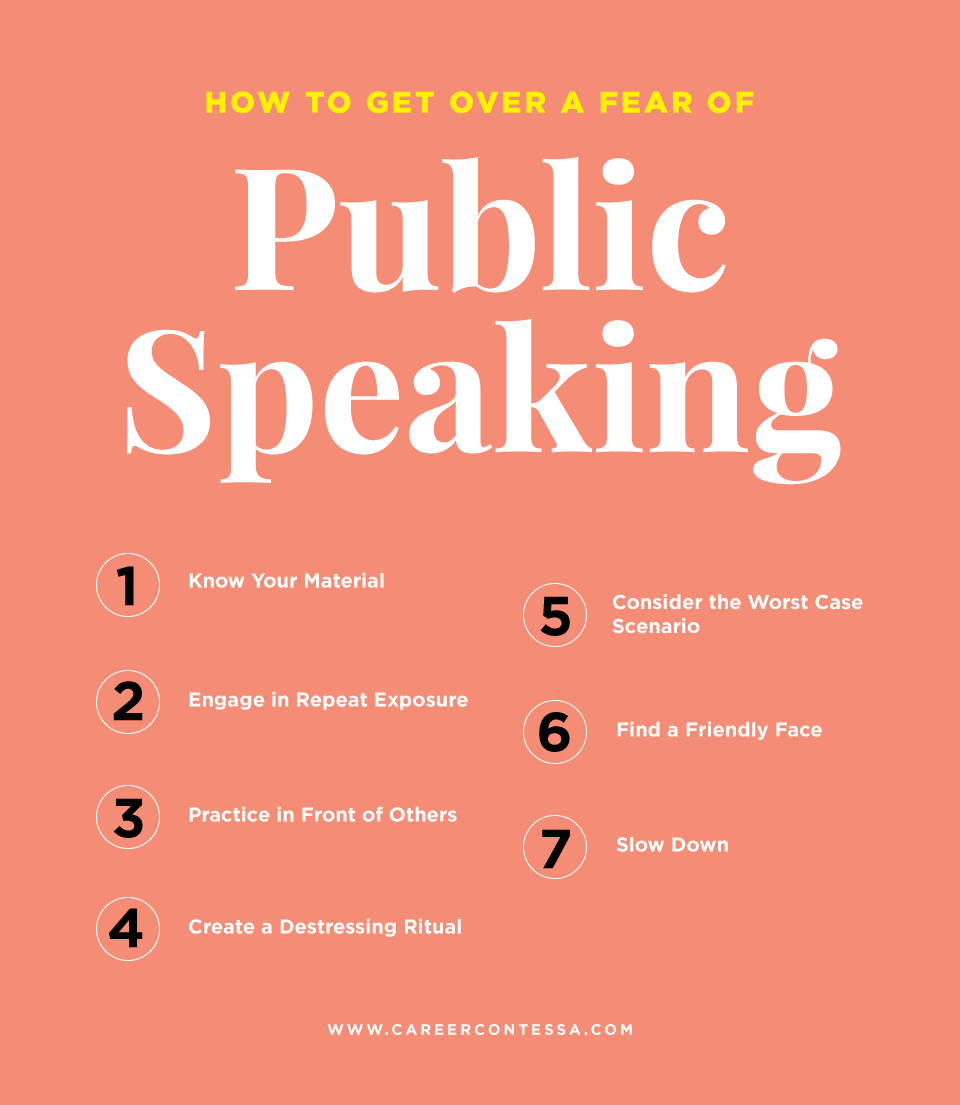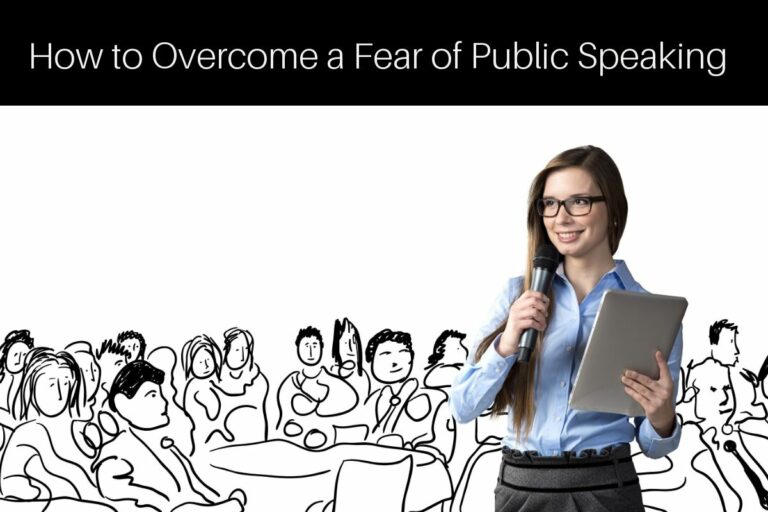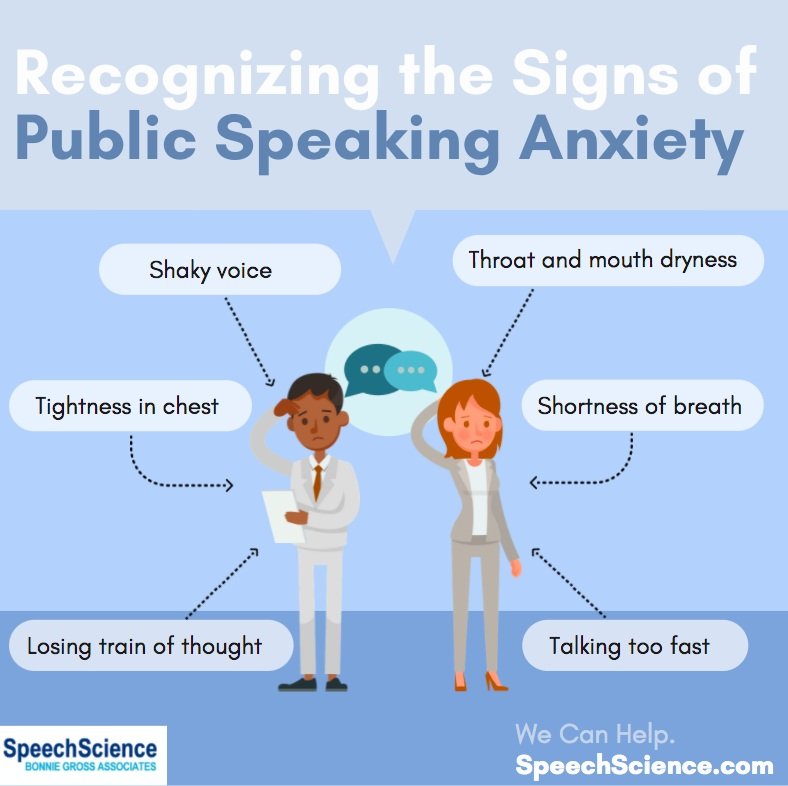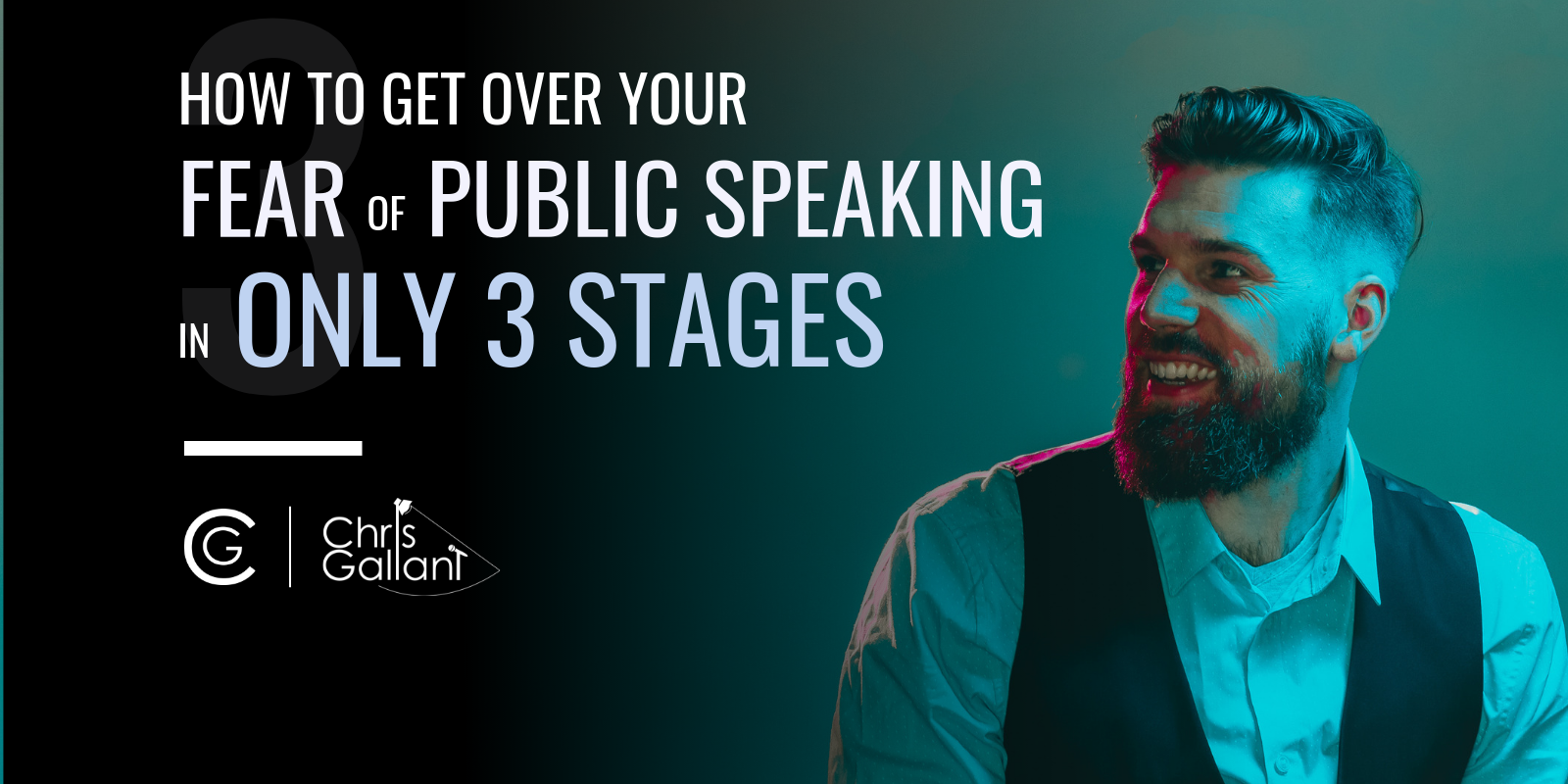Get Over Your Fear Of Public Speaking

Imagine standing on a brightly lit stage, the expectant gaze of hundreds, maybe even thousands, of eyes fixed upon you. Your heart pounds in your chest, your palms sweat, and your carefully prepared notes seem to blur before your very eyes. The microphone feels like a foreign object, and a wave of panic washes over you. For many, this isn't a nightmare scenario, but a very real and pervasive fear: the fear of public speaking.
But the good news is this fear, known as glossophobia, is conquerable. Overcoming it can unlock tremendous personal and professional opportunities. It’s not about eliminating nerves entirely, but about managing them and harnessing them to become a more confident and effective communicator.
The Roots of the Fear
The fear of public speaking is deeply ingrained in our psychology. Some experts believe it stems from our evolutionary past. Being scrutinized by a group could signal potential danger, triggering a "fight or flight" response. This response manifests as physical symptoms like increased heart rate, sweating, and trembling.
Dr. Sophia Chen, a leading psychologist specializing in anxiety disorders, explains, "For many, the fear is rooted in a fear of judgment. We worry about saying the wrong thing, appearing foolish, or failing to meet expectations. These anxieties can be particularly intense for those who are naturally introverted or have experienced negative speaking experiences in the past."
Significance in Modern Life
In today's interconnected world, strong communication skills are more vital than ever. Whether it's presenting ideas in a boardroom, leading a team meeting, or even participating in a community forum, the ability to speak confidently and persuasively is highly valued. According to the National Association of Colleges and Employers (NACE), communication skills consistently rank among the top attributes employers seek in new hires.
Mastering public speaking isn't just about career advancement. It's also about personal growth and empowerment. It allows us to share our ideas, advocate for causes we believe in, and connect with others on a deeper level. It can increase self-confidence and overall well-being.
Strategies for Overcoming Glossophobia
Conquering the fear of public speaking requires a multi-faceted approach. It involves understanding the root causes of the anxiety, developing coping mechanisms, and practicing consistently.
Preparation is Key: Thorough preparation is essential. Knowing your material inside and out reduces anxiety and allows you to speak more naturally. Practice your speech multiple times, ideally in front of a mirror or a small group of trusted friends or colleagues.
Start Small: Don't jump into giving a keynote address right away. Begin by speaking in smaller, more comfortable settings. Share your thoughts during team meetings, participate in book clubs, or volunteer to give short presentations at local organizations.
Focus on Your Audience: Shift your focus from your own anxieties to the needs and interests of your audience. Ask yourself, "What message do I want to convey? How can I make this presentation engaging and valuable for them?" This helps to redirect your energy and reduce self-consciousness.
Practice Mindfulness: Mindfulness techniques, such as deep breathing and meditation, can help to calm your nerves and manage anxiety symptoms. Before you speak, take a few deep breaths and focus on the present moment. Acknowledge your anxiety without judgment, and remind yourself that you are capable and prepared.
Seek Professional Help: If your fear of public speaking is severely impacting your life, consider seeking professional help from a therapist or speech coach. Cognitive Behavioral Therapy (CBT) can be particularly effective in addressing underlying anxieties and developing coping strategies.
Embrace Imperfection: No one is perfect, and everyone makes mistakes. Don't strive for flawless delivery. Instead, focus on being authentic and connecting with your audience. If you stumble or lose your train of thought, simply acknowledge it and move on. The audience is often more forgiving than you might think.
A Journey of Growth
Overcoming the fear of public speaking is a journey, not a destination. There will be setbacks and challenges along the way. The key is to remain persistent, patient, and compassionate with yourself. Celebrate your progress, no matter how small, and remember that every speaking opportunity is a chance to learn and grow.
Like anything worthwhile, it takes effort and dedication to improve your public speaking skills. With persistence, preparation, and a willingness to embrace discomfort, you can transform your fear into a powerful tool for communication and personal growth.


















